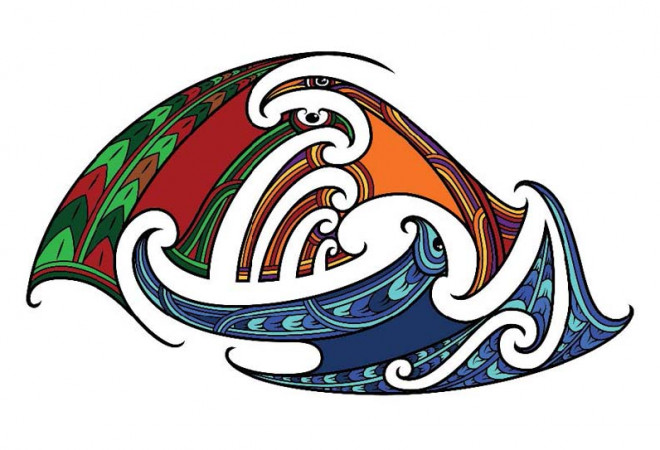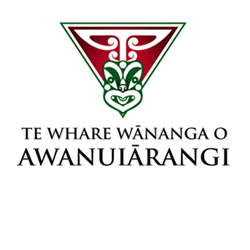
Kaikaikaroro - Enhancing student success within Wānanga
Status
Completed: 30 April 2021
Project Details
This research aimed to better understand what the unique features of the Wānanga experience are that contribute to student achievement and success. This project is a collaboration between Te Wānanga o Raukawa, Te Wānanga o Aotearoa, and Te Whare Wānanga o Awanuiārangi.
Aim
The main aims of this project were to find out:
- how the Wānanga environment promotes student success
- what the student outcomes are that are unique to the Wānanga experience
- what strategies will further enhance student success at Wānanga
- what the major impediments to student success are at Wānanga
- what common features, across all Wānanga, contribute to student success.
Methodology
This project used kaupapa Māori and culturally responsive methodology; as well as other qualitative approaches, including a literature review and interviews with the CEOs and six staff members from each of the three Wānanga.
A group-based hui was held at each of the three Wānanga with 20 students at each hui discussing and debating the research question to consider how the research might encourage student success. Feedback from all of the sessions was transcribed and an analysis report prepared.
Team

Te Kani Kingi
Project leader
Te Whare Wānanga o Awanuiārangi
Hannah Simmonds
Researcher/Writer
Te Whare Wānanga o AwanuiārangiStatus
Funding
$301,050.00 (excl GST)
Key Findings
The findings emphasised the importance of a Māori world view informing approaches to educational success, not only in the daily interactions within the Wānanga, but also with the outcomes measures that inform achievement.
Participants reinforced the necessity to reframe the ideas of success away from traditional measures that are found within other educational spaces, to a more holistic view of success that is focussed on the collective, on identity and the learning journey.
The importance of connection to one another, one’s own identity, or whakapapa, and the wider communities were highlighted.
The narratives collected from the participants were themed across five key kaupapa:
- Tikanga Māori - The foundation of tikanga, reo, uara, kaupapa and wairua Māori that informs all aspects of our daily interactions.
- Tikanga ā-Tauira - The definitions of and journeys towards success that encompass whānau, whakapapa and restore our individual and collective mātauranga.
- Tikanga ā-Wānanga - Our distinct approach to enable success through practice; design and delivery; our contribution to our community; and the restoration of mātauranga.
- Hononga ā-Motu - The connections of the broader context of Aotearoa to the ‘why’, the ‘how’ and the ‘what’.
- Hononga ā-Taketake - Our connections to our indigenous whānau that supports ongoing learning.
Key Recommendations
The Kaikaikaroro framework provides reflective questions that can be used by all educators to ensure their practice and ongoing learning caters for the needs of Māori.
This focus on more responsive approaches will contribute to ensuring the future of Aotearoa is one that is underpinned by the knowledges and experiences of Māori and looks towards a potential-filled educational landscape for all our tamariki and mokopuna.
The framework can support communities of learning to:
- Redefine success within education from a Māori perspective
- Highlight and implement ways that successes are nurtured
- Identify opportunities for further growth through reflection and learning conversations
- Contribute to the rewriting of experiences of Māori within education by framing and identifying improvement opportunities
Final report from a research project to better understand which features of the Wānanga experience contribute to student achievement and success.
- 30 April 2021